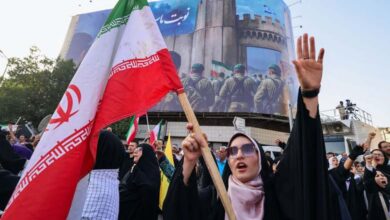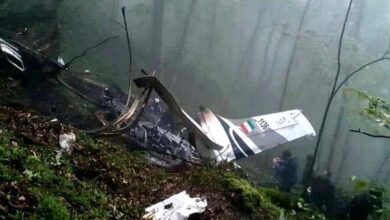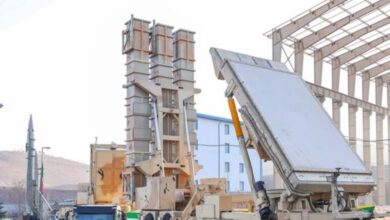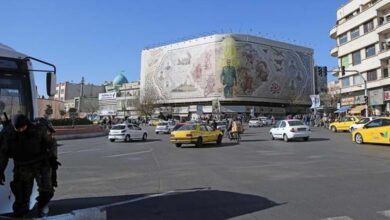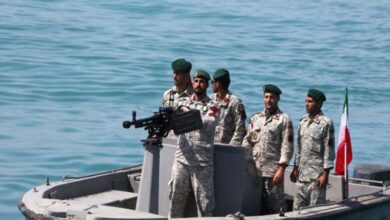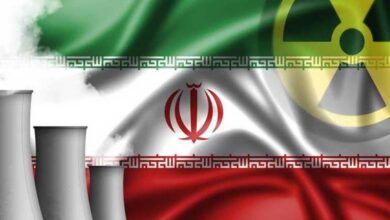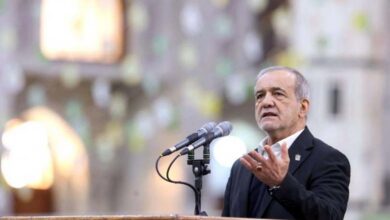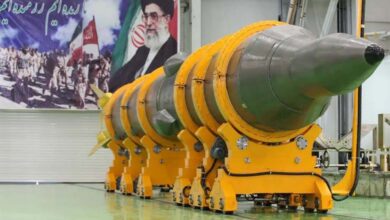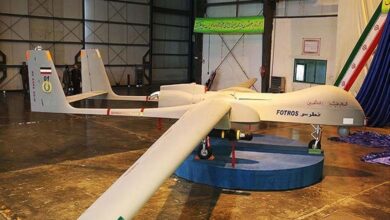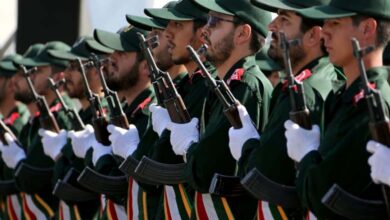Iran Seeks to Regain Influence Through a Regional Nuclear Fuel Alliance
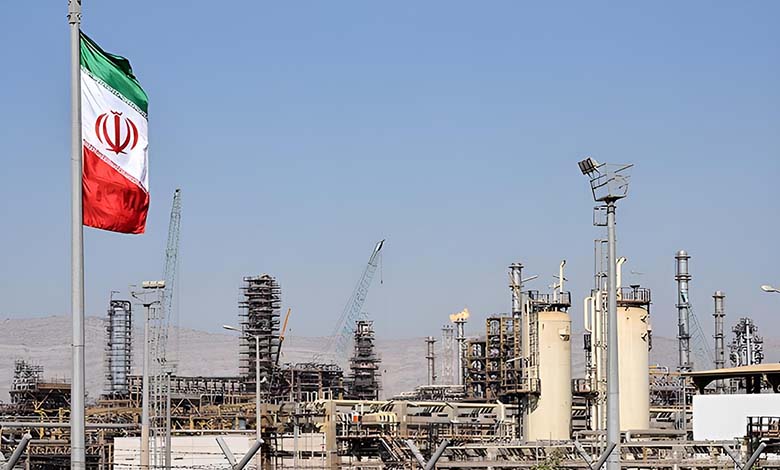
Tehran is attempting to reframe its nuclear program as part of a broader regional initiative, hoping to break out of international isolation and ease Western concerns over its intentions.
On Monday, Iran expressed support for the creation of a regional nuclear fuel alliance, while reaffirming its right to enrich uranium — a position it maintains amid ongoing indirect talks with the United States. The proposal carries both pragmatic and strategic implications, blending political realism with regional ambition.
-
Iran’s Nuclear Program: Tehran Awaits Trump’s Message via an “Arab Country”
-
“Iran’s Nuclear Program”: IAEA Condemnation and Tehran’s Response
Since April 12, Iran and the United States have been engaged in nuclear talks mediated by Oman. U.S. officials remain firmly opposed to any uranium enrichment by the Islamic Republic.
Iran, however, insists that its right to peaceful nuclear energy is non-negotiable, asserting that its activities are in full compliance with the Non-Proliferation Treaty (NPT) and denying any military dimension to its program.
By proposing a regional fuel alliance, Iran aims to present its nuclear activities as part of a collaborative effort, which may help lift its diplomatic isolation and reassure Western powers about the program’s true purpose.
-
Iran Proposes Deal on Its Nuclear Program to Avoid Western Pressure
-
Iran’s Nuclear Program: What is the “Wisest” Path for the U.S. to Face It?
Such an alliance could also serve as a platform for dialogue with neighboring countries — even those skeptical of Iran’s intentions — potentially paving the way toward normalizing strained regional relations.
Iran views the initiative as a means to bolster regional cooperation on shared security challenges, despite deep political divides. It is seen by many as a response to other nuclear ambitions in the region or an attempt to establish a new balance of power.
For Tehran, the alliance would also serve to assert its leadership in the nuclear field, building on decades of technical expertise and domestic capabilities.
-
Associated Press: Iran Develops its Nuclear Program by Installing a Series of Centrifuges
-
Before the expiration of UN Security Council sanctions, Congress is discussing a new bill imposing sanctions against Iran’s nuclear program
According to The New York Times, Iran has proposed a joint uranium enrichment project involving Arab states and U.S. investment.
In a press briefing, Iranian Foreign Ministry spokesman Esmail Baghaei stated: “Iran has never formally proposed such an initiative,” but added, “if this proposal exists, Iran would welcome and join it,” as reported by the official IRNA news agency.
Baghaei explained that one of the rationales behind this idea is the increasing demand for nuclear energy across West Asia.
-
Tehran and Washington Resume Nuclear Talks Under the Pressure of Red Lines
-
Information’s about the Iran’s nuclear program
Currently, the United Arab Emirates operates the only nuclear power plant in the Arab world. Saudi Arabia announced plans in 2018 to build 16 nuclear reactors over the next two decades.
On Sunday, Iran’s Foreign Minister Abbas Araghchi affirmed that the country will continue uranium enrichment “with or without an agreement” with world powers.
-
Indian Army vs. Pakistani Army: Comprehensive Comparison of Military Power Between the Two Nuclear Neighbors
-
In the Third Round… Nuclear Talks Return to Muscat with Possible Extension
Iran is now enriching uranium to 60% purity, far above the 3.67% limit set by the 2015 nuclear agreement, but still below the 90% threshold required for weapons-grade material, according to the International Atomic Energy Agency (IAEA).
Yet, ongoing regional tensions and a deep lack of trust between Iran and many of its neighbors cast serious doubt on the viability of such a nuclear alliance. The stance of major world powers, particularly the United States and Israel, will be critical — and may ultimately block the initiative altogether.


